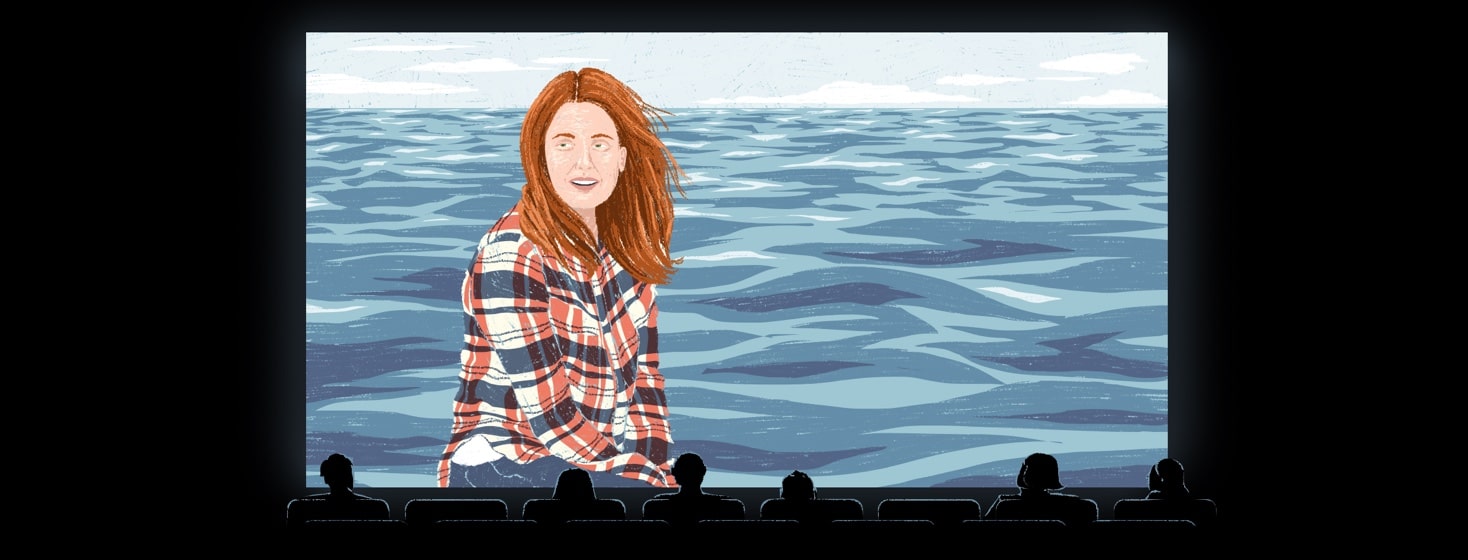Reflections on the Movie 'Still Alice' (2015)
Still Alice, a movie starring Julianne Moore about a Columbia University professor suffering from early-onset Alzheimer’s was released on February 20, 2015. My wife, Barbara, passed away due to complications also related to early-onset Alzheimer’s on July 3, 2014. Despite knowing the subject matter beforehand, I decided to go see the movie anyway with some close friends.
About the book, Still Alice
The movie was adapted from a book of the same name by Lisa Genova. Although I hadn’t read the book, I knew Genova was a neuroscientist. She may know a lot about the disease, but she hadn’t lived through it like we had. I wanted to see how close the movie got to what we experienced. I wanted to see someone else go through what we went through. It was eight months after Barbara’s passing. I would be alright.
About the movie, Still Alice
The filmmakers got it better than I could have imagined, and the similarities were startling. The character Alice was diagnosed at age 50; Barbara was diagnosed at age 46. The early signs, the dementia screenings, the discussions with doctors, the visits to memory care skilled nursing facilities, all were dead on.
Comparing the movie to my wife with Alzheimer's
Alice was a highly educated linguistic professor. Barbara had multiple graduate degrees and had worked as a medical school librarian. She would order all the most recent dementia-related books and read them cover to cover before shelving them for the doctor-patrons. She would contact the authors and compare notes with them about others’ research in the field.
Barbara was arguably one of the most knowledgeable people on the planet about the early-onset variant of the disease. With a family history of the early-onset disease (her father, his siblings, and her cousins had all passed away from it in their early 50s), she knew she had a 50/50 chance of having the genetic mutation that caused it. While she ended up contracting the disease, her two sisters (and their children) dodged that bullet.
Re-experiencing early-onset Alzheimer’s through the movie
I was OK watching the movie. It was liking watching my own life through a window.
But suddenly, I was no longer on the outside looking in. Alice needed to find a bathroom, but she couldn’t find one in her own home. Her expressions of urgency, confusion, and desperation were all too familiar. I had witnessed Barbara expressing those same expressions too many times. Tears welled in my eyes and I couldn’t stop my quiet sobbing in the movie theater. I was glad my friends were with me for support, but also wished I was alone in my grief.
Julianne Moore won the 2015 Best Performance by an Actress in a Leading Role for her portrayal of Alice. She deserved it.

Join the conversation